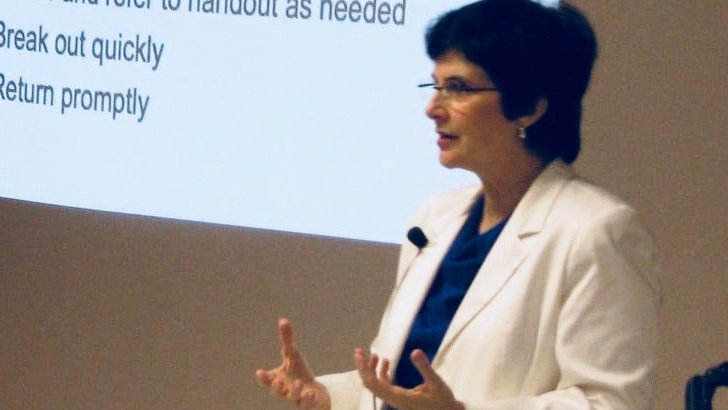Problems with Writing
I teach people to conduct persuasive and consensus-seeking interactions face-to-face. When conversing in person is truly impossible, they should at least speak by phone. Short, simple statements serve us in critical situations when the words have standard meanings, like “Mayday” or “scalpel.” But, for talking about touchy topics, complex situations, or emotionally loaded matters, text messaging is all but hopeless. Even letters, whether printed or emailed, suffer from the absence of tones of voice, body language and in-person vibes. There are times when one must communicate more complex matters in writing. Adequate reasons to write include communicating with someone with total hearing loss, or when the phone charges to a remote location are $200/minute, or to make a written record of an agreement people have negotiated face-to-face. Adequate reasons don’t include, “But I’d have to wait three whole hours to see my spouse in person to talk about our son’s report card.” The fact that something is important doesn’t make it urgent. But importance does mean you need to hear tones of voice, see body language, feel vibes, and totally focus without distraction.
Decline in Basic Conversation Skills
So you can understand my concern that many young people have grown up texting. The mere thought of turning off their phones for awhile can send some into panic. They get programmed to expect constant connection with a large number of people, but only in tiny sound bites. Many older people have become just as reliant on text messages as their children have. Text some people to ask them to phone you, or set a time when you can phone them, and you can almost hear the groan in the return text message (if they even answer your text at all). Many people have also become accustomed to saturation with multiple forms of external stimulation. When they do actually talk on the phone, they often do it while driving or “multitasking.” Some need constant background noise. They’ll turn on the TV, even when they’re not paying attention to it, because 20-30 min. of silence feels so uncomfortable to them. Consequently fewer and fewer people possess the basic conversational skills that would help them to learn and practice the advanced communication skills I teach.
Developments in Education
However, I recently came across two encouraging reports. In the first, hundreds of schools in England are testing new curricula to develop coping skills and mental health self-awareness. The techniques include things like relaxation and mindfulness. The researchers hope to prove that this program will reduce depression, anxiety, and suicidal thoughts. I hope they do. But whatever the mental health gains, I know that learning relaxation and mindfulness means learning how to slow down and focus full attention on something or someone. So it enables real, meaningful, face-to-face conversations. These students will be better able to discuss difficult matters and build consensus with others. In a second report, I read about elementary school teachers in the US using exercises with handballs and bean bags. For example, the children might stand in a row and imitate the teacher as she bounces the ball with one hand and catches it with the other. She switches to various patterns of handling the ball, and the students follow. Or the children might stand in a circle, a child bouncing her ball to one neighbor with one hand and catching a ball from the other neighbor with the other hand. These activities require concentration, focus, and mindfulness. The children learn by experience that they perform better without background music, phone beeps or other distractions. Students not only accept, but also value, time spent with less connectivity but higher quality connection. Best of all, these activities require cooperation, rather than competition. A great foundation for best persuasion and consensus building practices. So, as it turns out, my hope for the future of the skill sets I teach resides, not just in the possibility of older people mentoring the young, but also in young children themselves learning skills that support consensus-building–and maybe, just maybe–teaching them to their elders.


Thank you for providing a peek into the world of children and young adults. New studies and activities that can provide coping strategies for dealing with their choice to be “online” non stop offer me encouragement that our young people will find their way in a more complex fast paced world.
So glad you found it helpful, Nancy. I might follow up with another post on some of my own ideas for helping people, young and old, to appreciate slowing down and focusing.